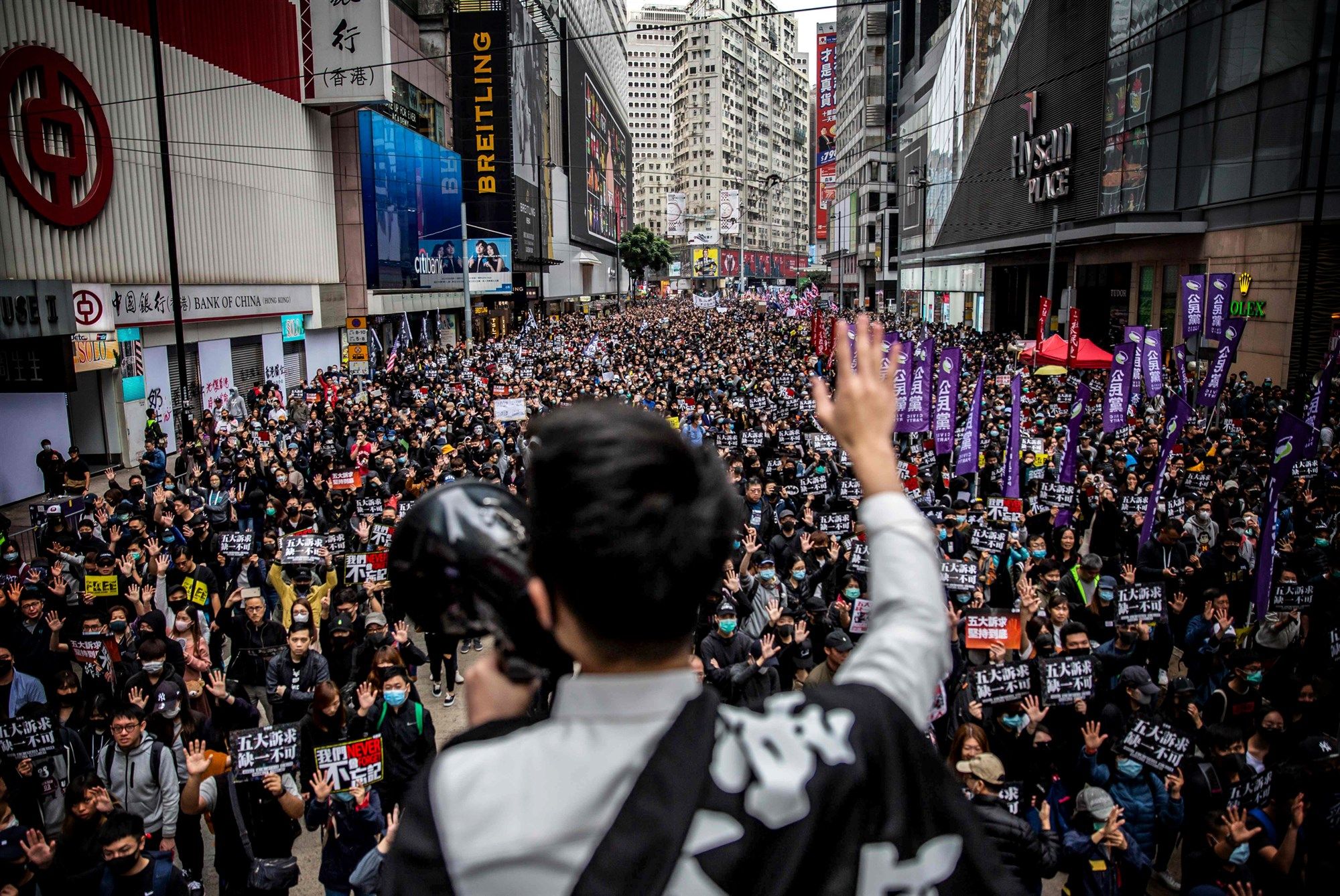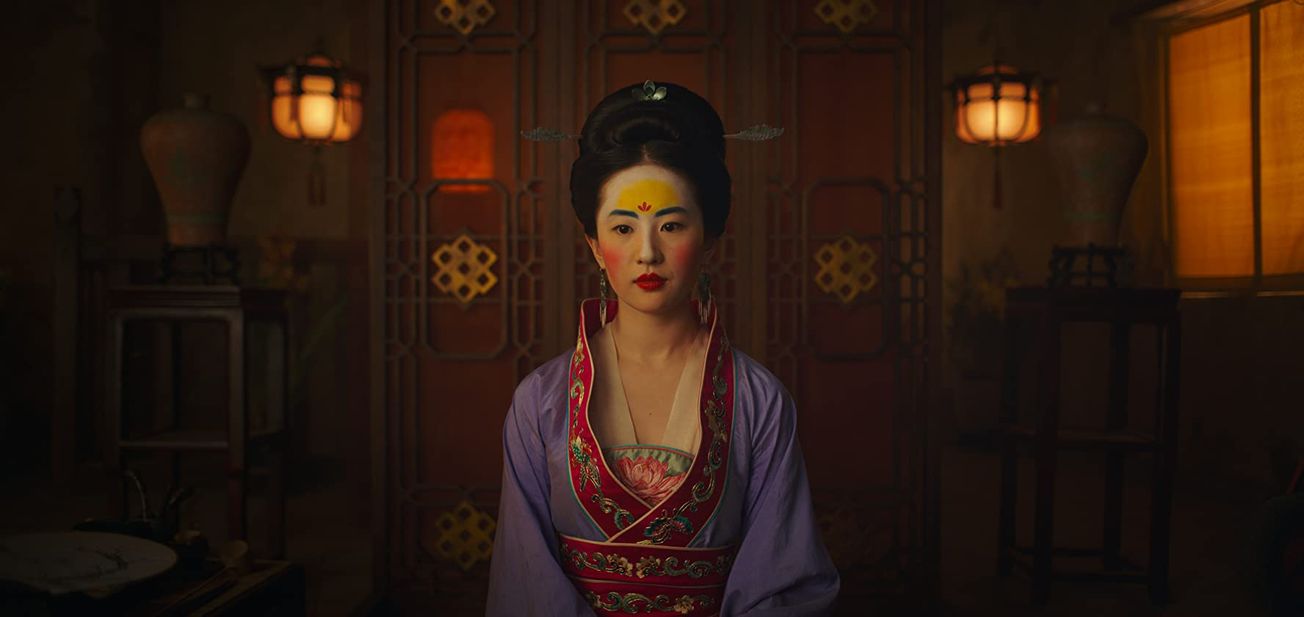By Carly Pearce, Third Year, Film & Television
The latest addition to the ever-expanding canon of Disney’s live-action remakes comes Niki Caro’s Mulan. Following delays as a result of the pandemic, the film premiered this week on their online screening service Disney+ for subscribers who pay an additional £19.99 fee.
This expensive update has received all-time-low audience reviews in light of the political controversy surrounding its cast and production. Since the trailer debuted last year, audiences accused Disney of pandering to China’s nationalistic values and trading the once self-conscious but selfless Mulan for a robotic, stoic soldier who could have easily been taken from an imperial drama.
Caro’s Mulan, whilst cinematically stunning, forgets the original film’s humour. Its over edited script paired with Liu Yifei’s rigid acting creates a Mulan to be admired for her bravery, but not truly cared for or understood in the same way as her multifaceted predecessor; it also lacks the comic relief once provided by Eddie Murphy’s Mushu, or Jerry Goldsmith’s incredible score.
This drastic change from family feel-good to war epic is undoubtedly a result of Disney’s anxieties regarding the commercial failure of the original film: following the controversy surrounding the Disney-funded film Kundun (1997), the Chinese government effectively banned Disney films.

The £200 million blockbuster based on the Chinese myth of Hua Mulan was entangled in controversy before its release, when the actress behind the titular character, Liu Yifei, voiced her support for Hong Kong police, who have been accused of using excessive force against protesters. Yifei posted a message on the Chinese social media site Weibo, translating as: ‘I also support Hong Kong police. You can beat me up now.’ In English, the post added: ‘What a shame for Hong Kong.’
Though Twitter and many other social media sites are censored within China, the comments provoked fierce criticism elsewhere, and soon enough, #BoycottMulan was trending.
Critics accused Yifei (a naturalised US citizen who returned to China) of supporting police brutality and denying Hong Kong citizens the rights she can now enjoy in America. Although, it is important to consider the ramifications Liu Yifei might receive for showing support for protesters, or the possibilities that these were not her words or opinions.
Mulan, a fearless young heroine who fights for her country, has been used as a protest symbol by the pro-democracy movement in Hong Kong. It seems ironic that the actress who embodies her appears to go against the very basic standards of what that character is held to.

Further controversy erupted this week as the credits started rolling, offering a ‘special thanks’ to a number of Chinese Communist Party and government agencies, including eight in Xinjiang, an autonomous region in northwest China that about 12 million Turkic-speaking Muslim Uighurs regard as their home, and where widespread rights abuses against the Muslim population there have been widely documented.
The revelation has sparked anger in Disney’s audience at their company’s seeming willingness to bow to authoritarian China.
Isaac Stone Fish, a senior fellow at the Asia Society, called the film ‘Disney’s most problematic movie’ since Song Of The South (1946). In the wake of the continuous controversy and backlash Disney have received in the build-up and release of Mulan, it truly begs the question – was the possibility of success at the Chinese box Office really worth all of this controversy?
Mulan was unique in that it follows a heroine who fights for herself – the entire narrative motivated by her battle for respect. It’s just a shame that Disney refuses to support the people of Hong Kong trying to fight that same battle.
Featured: IMDb / Disney, Isaac Lawrence / Getty Images
Will you be watching Disney's remake of Mulan?









